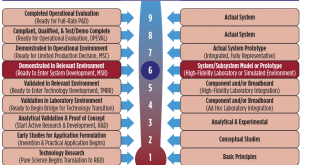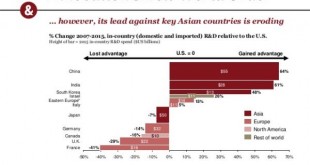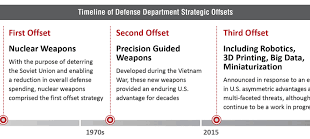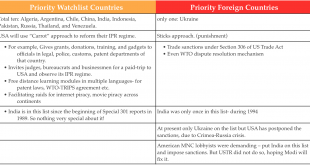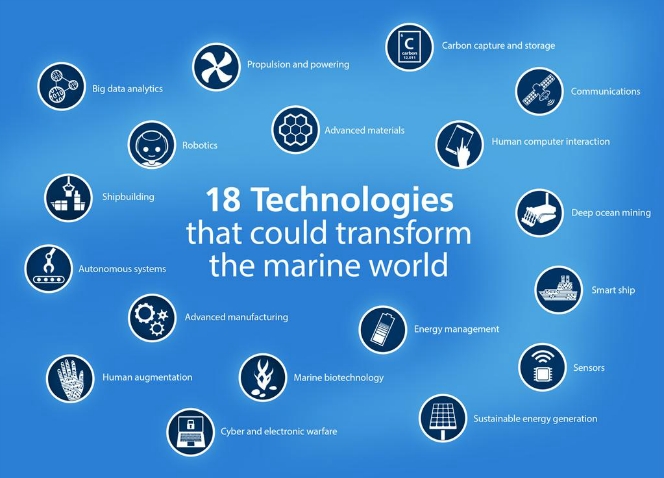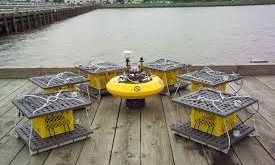Federal agencies spend billions of dollars each year to develop, acquire, and build major systems, facilities, and equipment, including fighter aircraft, nuclear waste treatment facilities, electronic baggage screening equipment, and telescopes for exploring the universe. Managing these complex acquisitions has been a long-standing challenge for federal agencies.Many of the government’s most costly and complex acquisition …
Read More »Monthly Archives: September 2017
Majority of Global indexes show innovation is diffusing all over the world, from Europe and US towards Asia,
South Korea is still the world’s most innovative economy ,South Korea topped the 2017 Bloomberg Innovation Index list for the second year in a row, followed by Sweden, Germany, Switzerland, Finland, Singapore, Japan, Denmark, the United States and Israel. South Korea with a score of 89.00 topped the world in R&D …
Read More »Disruptive technologies, Doctrinal innovation and Nuclear modernization under Third Offset Strategy to sustain America’s military dominance for the 21st century
In an Aug. 17 memorandum from Mick Mulvaney, director of the Office of Management and Budget, and Michael Kratsios, deputy assistant to the president in the Office of Science and Technology Policy, the Trump administration outlines its technology-related research and development priorities for fiscal year 2019. It calls for Agencies …
Read More »Growing counterfeit and pirated products demand stricter IPR law enforcement, protection of intellectual property is important for promoting innovation and creativity says EU.
In our increasingly knowledge-based economies, the protection of intellectual property is important for promoting innovation and creativity, developing employment, and improving competitiveness, says EU. The European Commission works to harmonise laws relating to industrial property rights in EU countries to avoid barriers to trade and to create efficient EU-wide systems …
Read More »UK identifies transformational technologies for 2030 in commercial shipping, ocean space exploitation and naval operations
A team from Lloyd’s Register, QinetiQ and the University of Southampton in the U.K, has looked towards the future of technology and provided a glimpse of the future these evolving technologies may provide by 2030 in their report “Global Marine Technology Trends 2030.” As humanity is faced with challenges, such …
Read More »Microbial Fuel Cell (MFCs) becoming capable to provide continuous sustainable energy to power wireless ensors networks and underwater sensors
Microbial fuel cells (MFCs), generate electric energy by converting chemical energy from organic compounds through catalytic reactions by microorganisms. Microbial fuel cells (MFCs) are envisioned as one of the most promising alternative renewable energy sources because they can generate electric current continuously while treating waste. While these cells individually produce …
Read More » International Defense Security & Technology Your trusted Source for News, Research and Analysis
International Defense Security & Technology Your trusted Source for News, Research and Analysis
